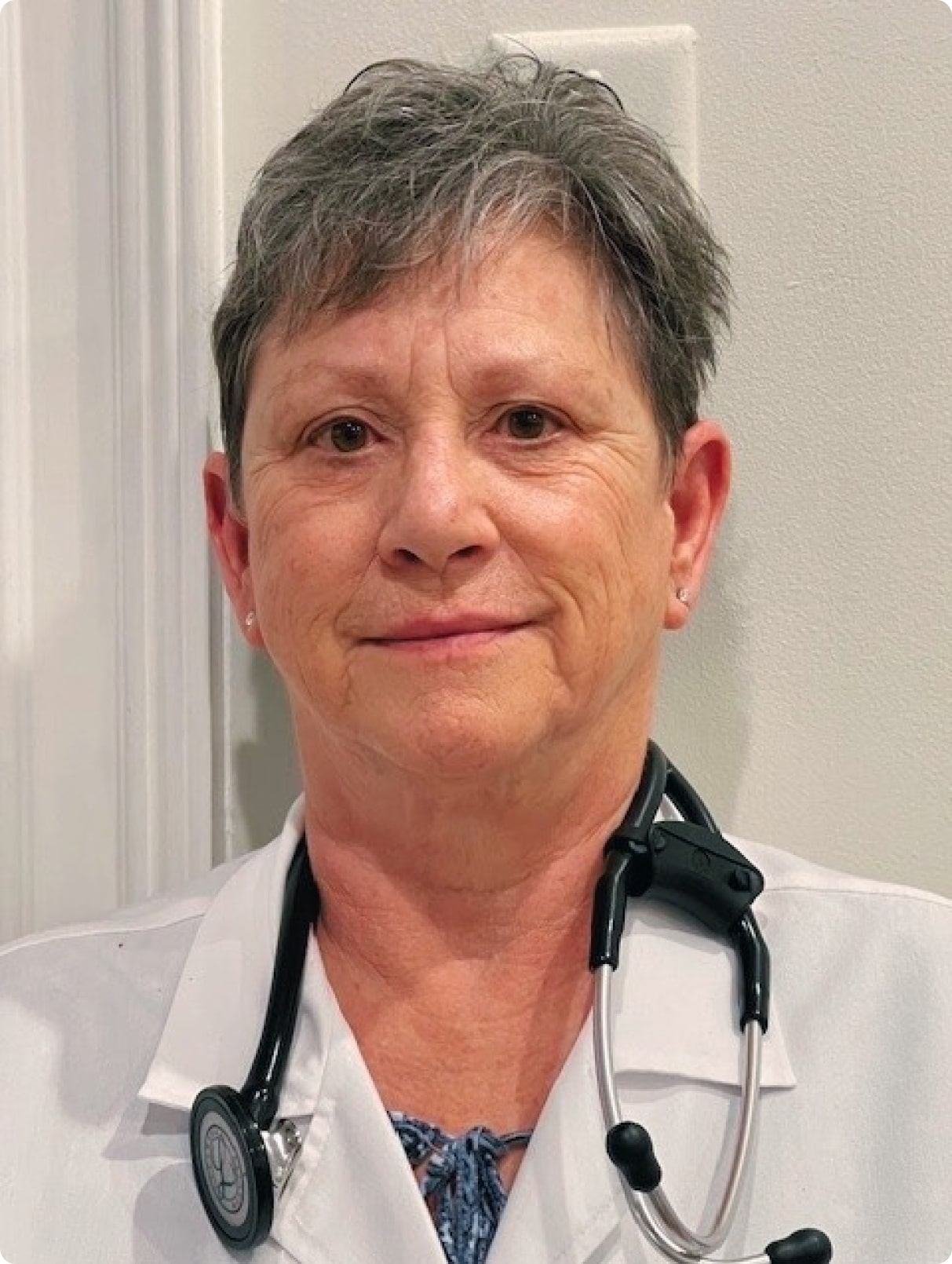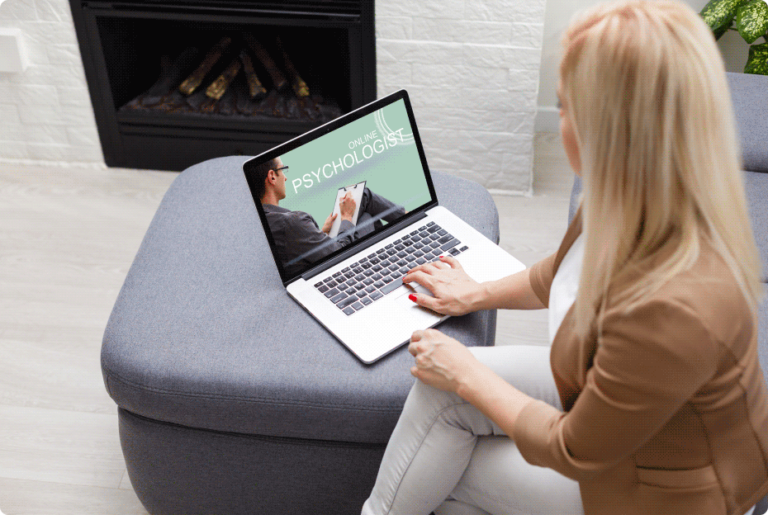Disclaimer: This content is for informational purposes only and is not a substitute for professional medical advice, diagnosis, or treatment. Always seek the guidance of a licensed healthcare provider with any questions you may have regarding a mental health condition. If you are experiencing a medical emergency, please call 911 or your local emergency number immediately.
This information is provided for informational purposes for those who have been clinically diagnosed with ADHD and have questions about the range of treatment options available. It is not intended to advocate any specific course of treatment. For those diagnosed with ADHD, a course of treatment should only be established in direct conjunction with a treating physician.

In many clinical settings, stimulant medications are often considered among the first options for managing ADHD symptoms, when appropriate and under the supervision of a licensed prescriber. Examples of stimulants are Adderall, Ritalin, Vyvanse, and Concerta. But for some people, stimulants aren’t the best option or may not be the treatment of choice. In these cases, non-stimulant medications may be considered as an alternative for managing ADHD symptoms, depending on individual needs and under clinical supervision.
Types of non-stimulants
Clinicians may prescribe or discuss several categories of non-stimulant medications as part of ADHD care, when warranted by diagnosis and specific patient circumstances. This range of non-stimulant options could include, based on the circumstances:
- ADHD-specific non-stimulants
- Antidepressants
- Blood pressure medications
Who uses non-stimulants
Some people experience unpleasant or severe side effects when they take stimulants. Others have pre-existing health conditions, such as thyroid or heart issues, which means they may not react well to a stimulant. And others may have preferences for non-stimulants over stimulants for other reasons. A patient should not make these determinations on their own, but only in collaboration with their treatment physician.
For example, some FDA-approved non-stimulants, such as Qelbree, have properties that may align with individual lifestyle or sleep-schedule needs, as determined by a healthcare provider. They can be taken at any time of day, and they don’t have the wakefulness side effect that many stimulants have. The patient’s healthcare provider can determine what’s appropriate for the circumstances.
As another example, if a patient has a mood disorder along with ADHD, a non-stimulant may be a good choice. Another situation where a non-stimulant might be preferable is when the patient has been on stimulants, but doesn’t feel like they help. Or maybe they used to work, but they don’t seem to anymore, even after the patient has tried various kinds. In these cases, a physician may suggest that the patient try a non-stimulant medication or possibly add one to the stimulant, depending on the situation.
Stimulants vs. non-stimulants
| STIMULANTS | NON-STIMULANTS |
| Often the first line of treatment for ADHD, although circumstances may vary | Often the second or third line of treatment for ADHD, although circumstances may vary |
| Work for ~70% of people1 | Often considered for people who don’t tolerate or respond to stimulants |
| Work quickly | It may take up to six weeks for the full effect |
| May wear off suddenly | Effects last longer |
| Risk of abuse or addiction | Generally, there is a lower risk of abuse or addiction. (Still, use of most should be tapered slowly and not discontinued abruptly.) |
| Can only be prescribed by a clinician when warranted, after a full diagnosis. Considered controlled substances, which can make them more challenging to obtain, especially when traveling | Can only be prescribed by a clinician when warranted, after a full diagnosis. Not controlled substances |
All medications should be taken only as prescribed and under the supervision of a licensed clinician.
¹ Advokat, C. (2013). Attention-Deficit Hyperactivity Disorder (ADHD) Stimulant Medications as Cognitive Enhancers. Frontiers in Neuroscience, 7:82. https://doi.org/10.3389/fnins.2013.00082
ADHD-specific non-stimulants
These non-stimulant medications are among those approved by the U.S. Food and Drug Administration specifically to treat ADHD. Note that this list may evolve over time. Note that all of these can only be prescribed by an appropriately licensed clinician when warranted by an ADHD diagnosis.
Strattera (atomoxetine)
Strattera (atomoxetine) is the first non-stimulant that the FDA approved for treating ADHD in 2002.
How it works: Norepinephrine is a chemical messenger in the brain called a neurotransmitter. It affects memory, sleep cycle, mood, attention, arousal, and alertness. Strattera is a norepinephrine reuptake inhibitor, or SNRI. That means it boosts the amount of norepinephrine in the brain. This mechanism is thought to influence symptoms such as hyperactivity and inattention.
Qelbree (viloxazine)
The FDA approved this non-stimulant for treating ADHD in adults in May 2022.
How it works: Like Strattera, Qelbree is an SNRI that increases the amount of norepinephrine in the brain. It may also be prescribed in some instances involving anxiety or depression, as determined by a healthcare provider.
Intuniv ER (guanfacine)
Intuniv ER is an extended-release medication that’s typically used to treat high blood pressure. It can be used alone or in addition to a stimulant.
How it works: Intuniv ER decreases adrenaline levels and can improve ADHD symptoms.
Kapvay ER (clonidine)
Kapvay ER is also an extended-release medication that’s typically used for high blood pressure.
How it works: Kapvay ER reduces blood pressure and boosts norepinephrine in the brain.
Antidepressants
Antidepressants are sometimes used to treat ADHD symptoms, especially if one has depression or anxiety along with ADHD. They’re usually not as effective as stimulants or ADHD-specific non-stimulants. But a stimulant might be added to these if the treating physician deems it is needed. Use of antidepressants for ADHD may be considered ‘off-label’ in certain cases; such decisions must be made by a licensed prescriber familiar with patient’s medical history.
Wellbutrin (bupropion)
Wellbutrin (bupropion) is used to treat depression, help people stop smoking, and prevent depression in people with seasonal affective disorder, or SAD. It’s the most prescribed antidepressant for ADHD.
How it works: Wellbutrin is a norepinephrine dopamine reuptake inhibitor, or NDRI. It increases the levels of the neurotransmitters dopamine and norepinephrine in your brain, which can decrease ADHD symptoms.
Effexor and Effexor XR (venlafaxine)
These are newer antidepressants that a doctor might prescribe for patients who have depression as well as ADHD.
How it works: Effexor is a serotonin-norepinephrine reuptake inhibitor, or SNRI. It boosts the neurotransmitters norepinephrine and serotonin in your brain, which can help your concentration and mood.
Tricyclic Antidepressants
Research has found that tricyclic antidepressants such as Pamelor (nortriptyline), Tofranil (imipramine), and Norpramin (desipramine) improve ADHD symptoms in some people. However, the side effects of these medications can be unpleasant. They’re considered a third-line treatment for ADHD.
Monoamine Oxidase Inhibitors, or MAOIs
A category of antidepressants called monoamine oxidase inhibitors, or MAOIs — particularly Nardil (phenelzine) and Parnate (tranylcypromine) — can help improve symptoms of ADHD. They’re not used very often, though, because they can have major side effects and serious interactions with other medications and certain foods.
Blood pressure medications
Tenex (guanfacine) and Catapres (clonidine) are sometimes used to treat ADHD. These are the immediate-release forms of the FDA-approved versions, though Tenex and Catapres aren’t technically approved for treating ADHD. These medications are sometimes prescribed ‘off-label’ for ADHD symptoms; off-label prescribing is at the clinician’s discretion based on individual clinical judgment.
The Physician Role is Critical in Identifying Best Treatment Paths
If a patient has already been diagnosed with ADHD, any course of treatment must be in conjunction with the treating physician. Patients considering changes to their ADHD medication should consult a licensed healthcare provider. A patient might need a complete change, or may just need to add a non-stimulant to a regimen, but the treating physician would offer this guidance.

Clinically reviewed by Michele Musto, M.D., FAAFP. Dr. Michele Musto is a board-certified family medicine physician and Fellow of the American Academy of Family Physicians with more than two decades of experience in clinical practice and hospital medicine. She has served as a hospitalist, medical director, and educator, providing comprehensive care to patients across diverse healthcare settings. Dr. Musto completed her residency in Family Medicine at Mercer University School of Medicine and earned her Doctor of Medicine degree from the International University of the Health Sciences.

Clinically reviewed by Barry K. Herman, M.D., M.M.M. Dr. Herman is a dual board-certified adult psychiatrist and child and adolescent psychiatrist with over three decades of experience in clinical practice, industry, digital health, and organized medicine leadership. He currently serves as Chief Medical Officer at Mentavi Health and has held senior medical and executive roles in the pharmaceutical industry and other leading organizations in digital health and therapeutics. Dr. Herman earned his M.D. from Tufts University School of Medicine and a Master of Medical Management from Tulane University.






